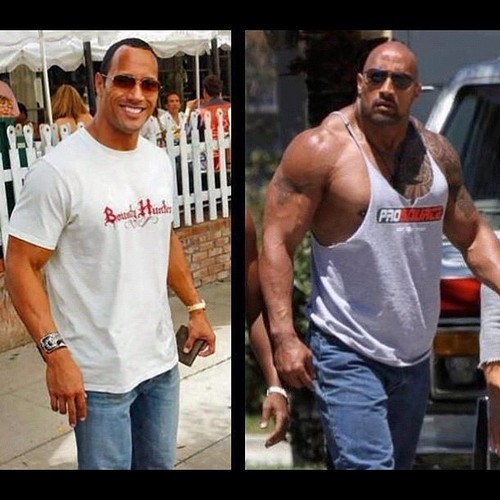Discussions on the Rotherham sexual abuse continued today as hundreds of suspects including two Rotherham councillors have been identified by senior investigating officer Steve Baldwin. On Channel 4 News, Nazir Afzal, the former Chief Crown Prosecutor of the Crown Prosecution Service for North West England appeared progressing his points from last year on ethnicity and child sexual grooming and abuse.
He and Cathy Newman seemed in consensus on both white British males being the majority of perpetrators of sexual abuse in the UK, and also that in Rotherham the majority of men in street-gangs abusing girls as young as 12 are of ‘Asian appearance’.
It’s been almost a year since Professor Alexis Jay’s inquiry was published and it almost feels like a sea-change is around the corner, if not only because publicity is abundant right now.
There are arguably some closely cutting truths and lessons for British values, these are two that stick out:
- British racism created the need to walk on eggshells and be ‘politically correct’. Did this give those street-gangs a cushion and a ‘hall pass’ for their actions amidst fear of breaking political correctness? And being seen as racist? Muhbeen Hussain was firm in his shock, making a point to ignore excuses and expel Muslim solidarity with the perpetrators. But many confirmed this.
- British values of the 1970s onwards seemingly dictated that abuse victims be ignored and swept under the carpet. Professor Alexis Jay’s inquiry and subsequent discussion has lambasted the wide social acceptance upheld by the bureaucratic, police and social care systems. I lambast the values of the British public at large.
Britain is not a country with an uncaring heritage. But the children of the World War generation were a bridge between a polarising ‘all in this together’, post-war era of socialist adjustments to British life, and now – whatever you call this multi-coloured; loud; fast; busy and vibrant time. Blame is unnecessary for confusion over a multi-cultural Britain that one did not grow up in and for all the sweeping generality of a ‘societal value’ in nuanced British life there are always people who will make a stranger a warm cup of tea, even if they do not know how to confront a social-demographic disruption. But it was wrong that those who had already fallen through society’s cracks were further ignored. It is a facet of our modern collective heritage that is as disgusting as football holliganism.
Cultural values evolve and just as with the Jimmy Savile abuse, some persist that ‘times were different’. Is that the case? It must be hard to believe that the things you hear whispered in pubs and lectured about by outspoken, shaggy haired liberals with clipboards or wide-eyed conspiracy theorists were actually true. It is hard to believe that people we see, people we live near and with, are capable of such barbarism and self-gratification by means of piercing pain, hellish isolation, torture and life-destroying terror that they put the victims of their actions through. Victims who were children, in all likelihood looking to older men for solidity and affection, if looking at all.
Britain needs to learn, it needs to look into the eyes of the most vulnerable in our society and see that just because the shape of some people’s lives is so different to our own, it doesn’t mean it is not true. Britain needs to redevelop community, hell… Britain needs to give a shit. Britain is a strength in the world for morality, at least that’s how it is seen.
But for all the bell-ringing, society is a monolithic cargo ship not a sailboat. And it takes time to turn. Evolution, not revolution.


